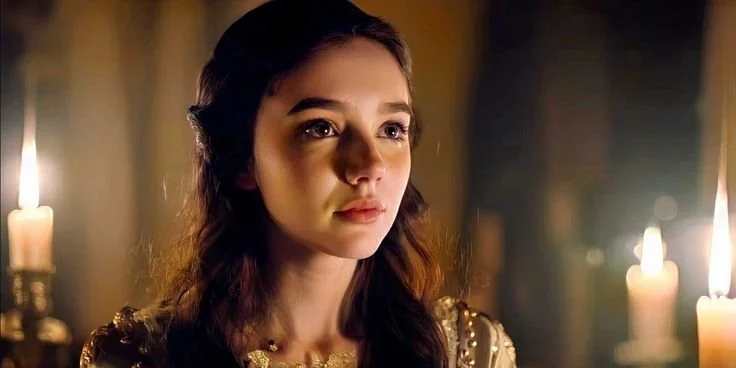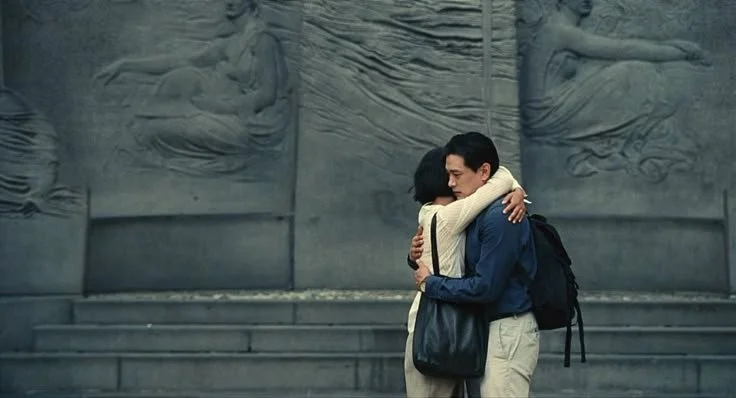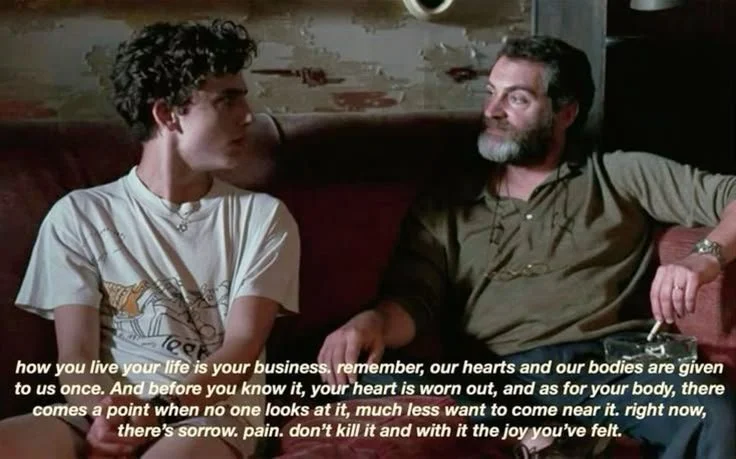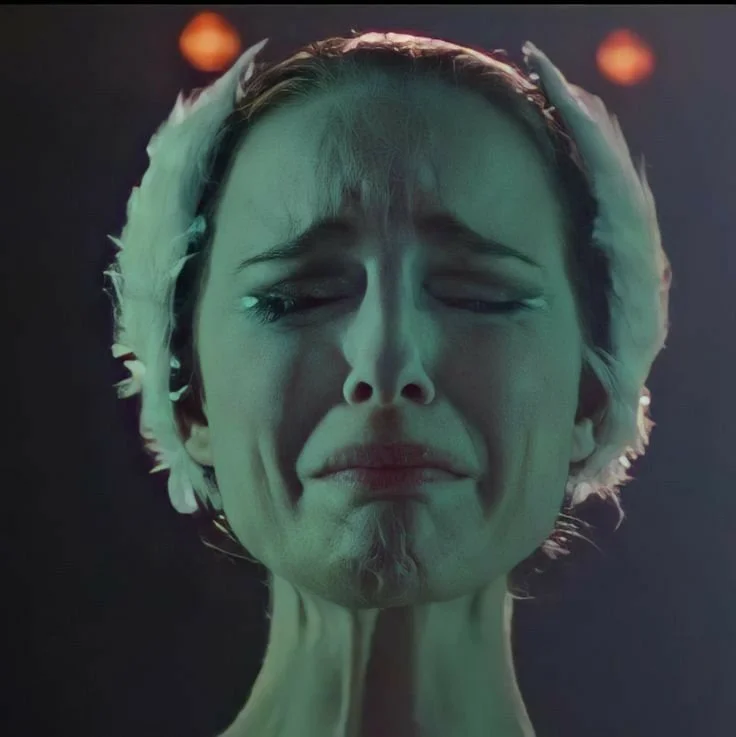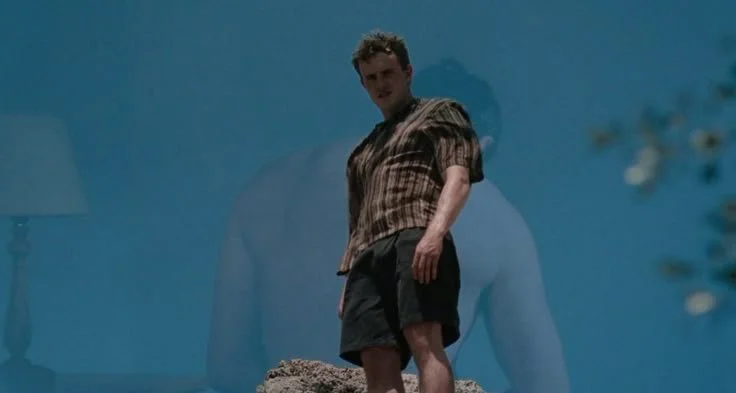You Can’t Code a Soul: What We Lose When Film Stops Being Human
By Natalie McCarty
Last month, an actress named Tilly Norwood made her debut—except she isn’t a person at all. Created by Xicoia, the AI talent division of production company Particle6, Tilly is the world’s first fully AI-generated movie star. She has no body, no memory, no lived experience. Just code. And yet, she’s already being cast in films, booked for brand campaigns, even lined up for red-carpet interviews.
Her arrival has, understandably, sparked backlash across Hollywood. Emily Blunt, Whoopi Goldberg, and the Screen Actors Guild have all spoken out, calling her creation a betrayal of the art form itself. Some studios are rushing to call this “innovation,” but I can’t shake the feeling that something sacred has just been broken.
Image Credit: Screen Rant
Film has always been the closest thing we have to an artistic time capsule. No other medium captures and explores the human condition with the same intimacy. Movies hold our contradictions and our quiet moments, the things we don’t even tell the people we love. Every film becomes a little snapshot of who we were at the time: the love we thought would last forever, the heartbreak we swore we’d never get over, the political turmoil that shaped us, the artists who suddenly mattered to us. The simple act and most complicated experience of being alive. All the parts of life that were hidden until someone cared enough to show them on screen.
The arts exist to explore the human experience, to push its boundaries, to hold it up to the light.
And that is what will be erased if we allow this AI abomination to make its way into the industry.
Still from Past Lives (2023)
Film is about people. About everything that can’t be manufactured or predicted. It’s the unrepeatable, absolutely singular experience of being human: the laugh that slips out in a moment of grief, the shaky breath before a confession, the flicker of recognition that only comes from a life actually lived. Those moments are the point of life, and the point of film.
There is no version of reality where AI could ever recreate the performances we’ve seen on screen. You’re telling me Tilly can compete with Paul Mescal in Aftersun? Or Timothée Chalamet’s final, wordless close-up in Call Me By Your Name? Greta Lee in Past Lives? Marlon Brando in The Godfather? These performances—thousands of them—shaped generations of actors, inspired culture, and rewired the way we understand connection.
Still from Call Me By Your Name (2017)
You can train an algorithm to replicate emotion, but you cannot teach it to feel. You can generate a tear, but you can’t recreate the moment that births it. You can design heartbreak, but you can’t give it a history.
That is what’s being lost here.
Still from Black Swan (2010)
Art is the translation of life into feeling. Actors, at least the good ones, reach into their own lives to pull something real out of themselves. That’s what creates a connection. That’s what makes us care.
An AI actress can mimic vulnerability, but she’ll never understand it. She can perform grief, but she’ll never know what it is to lose someone. She can simulate longing, but she’ll never feel the years that shape a soul.
Still from Aftersun (2022)
Independent film especially depends on instincts and rawness that can’t be rehearsed. It’s built on human error, surprise, discovery. Remove the human from the frame, and feeling dies. Strip the humanity out of film, and you strip out its pulse.
Because the point of film has always been to move something in the soul. And if film loses its humanity, what are we even watching?

